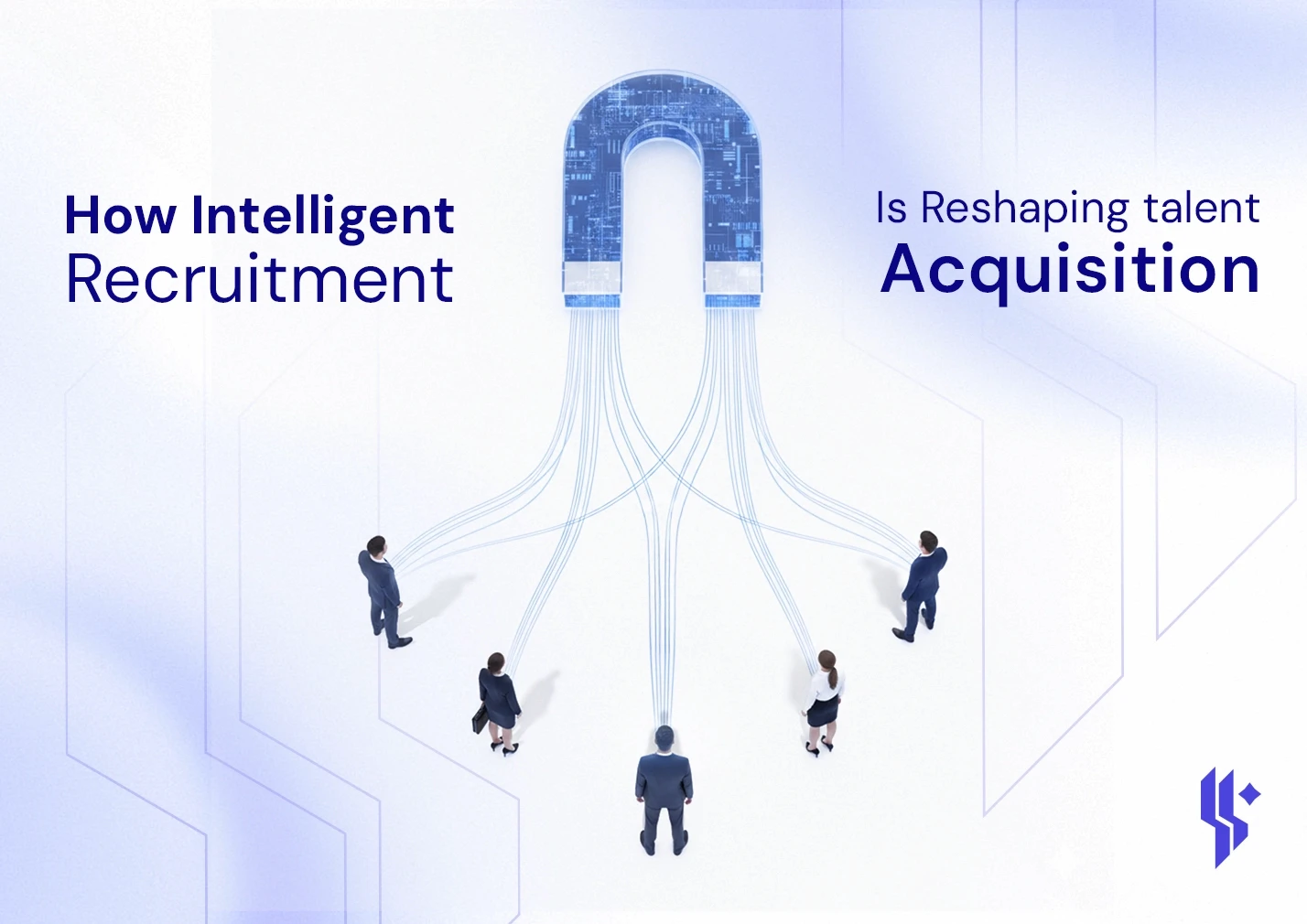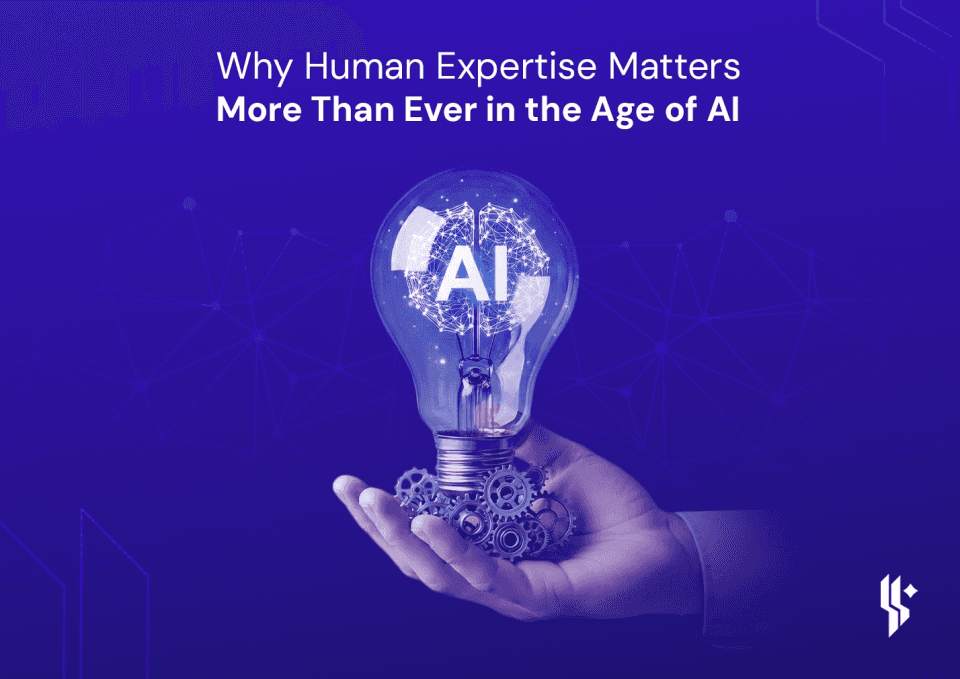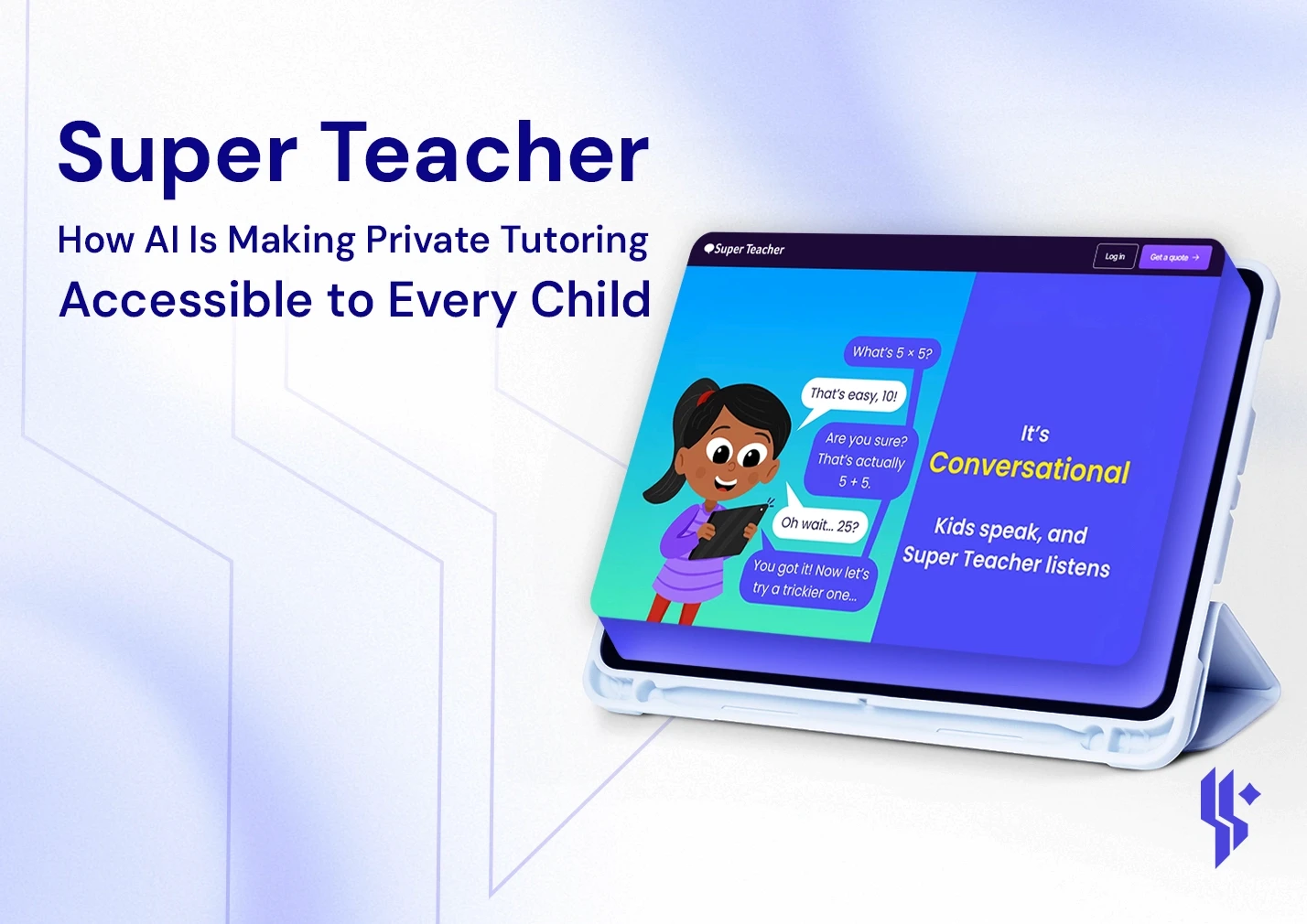Wynt Blog
Find an Article
Wynt Blog
Find an Article
Wynt Blog

Aug 27, 2025
Skills Every Modern HR Pro Should Have & Why AI Adoption is a Competitive Advantage in Talent Acquisition
Introduction
In today’s fast-evolving business landscape, the role of Human Resources (HR) has transcended traditional functions. Modern HR professionals are expected to be strategic partners, data-driven decision-makers, and champions of digital transformation. Among the most disruptive changes is the integration of AI in HR, especially within talent acquisition. Mastering key skills and embracing AI adoption are now non-negotiable for staying ahead.
⸻
Top Skills Every Modern HR Professional Should Have:
Data-Driven Decision Making
HR is no longer just about intuition. Modern HR leaders use analytics to guide recruitment, measure employee performance, and forecast workforce needs. Skills in HR metrics, dashboards, and predictive analytics are essential.
Tech Savviness
With HR tech stacks expanding to include ATS (Applicant Tracking Systems), LMS (Learning Management Systems), and AI-driven tools, today’s HR pros must be comfortable adapting and adapting to new technologies.
Emotional Intelligence (EQ)
Despite all the digital transformation, HR remains human-centered. Emotional intelligence—empathy, self-awareness, and social skills—is vital in conflict resolution, leadership development, and employee engagement.
Change Management
From digital transformation to hybrid work models, HR must lead organizations through change. Understanding the psychology of change, communication strategies, and stakeholder management is key.
Strategic Thinking
Modern HR goes beyond administration—it shapes company culture, workforce planning, and organizational design. HR professionals need the ability to align people strategies with business goals.
Diversity, Equity, and Inclusion (DEI) Expertise
A competitive and sustainable workforce thrives on inclusion. HR leaders must design initiatives, policies, and hiring practices that prioritize equity and diversity.
⸻
Why AI Adoption Is a Competitive Advantage in Talent Acquisition :
Faster, Smarter Hiring Decisions
AI tools can screen thousands of resumes in seconds, identify top candidates based on skills and fit, and reduce bias in shortlisting. This accelerates the time-to-hire and enhances decision-making accuracy.
Improved Candidate Experience
From AI-powered chatbots to personalized job recommendations, AI enhances the candidate journey. A smoother process means higher engagement and a stronger employer brand.
Predictive Talent Analytics
AI can forecast turnover risks, estimate hiring needs, and assess the long-term potential of candidates. HR teams can make more informed hiring and workforce planning decisions.
Enhanced Recruitment Marketing
AI helps HR teams create targeted job ads, optimize job descriptions, and engage passive candidates on social platforms using behavioral data and predictive insights.
Cost Efficiency
By automating repetitive tasks like resume screening and interview scheduling, AI frees up HR professionals to focus on strategic initiatives, reducing overhead and recruitment costs.
⸻
Conclusion
The HR landscape is being reshaped by rapid innovation. Modern HR professionals must upskill across data, technology, and strategy while leading with empathy and purpose. At the same time, AI in talent acquisition is no longer a luxury—it’s a necessity for organizations seeking a competitive edge in attracting top talent. Those who adapt will lead. Those who resist will be left behind.
Have More Questions?
Reach out Through
Latest Articles
Stay Updated with Our Latest Insights

Aug 27, 2025
Skills Every Modern HR Pro Should Have & Why AI Adoption is a Competitive Advantage in Talent Acquisition
Introduction
In today’s fast-evolving business landscape, the role of Human Resources (HR) has transcended traditional functions. Modern HR professionals are expected to be strategic partners, data-driven decision-makers, and champions of digital transformation. Among the most disruptive changes is the integration of AI in HR, especially within talent acquisition. Mastering key skills and embracing AI adoption are now non-negotiable for staying ahead.
⸻
Top Skills Every Modern HR Professional Should Have:
Data-Driven Decision Making
HR is no longer just about intuition. Modern HR leaders use analytics to guide recruitment, measure employee performance, and forecast workforce needs. Skills in HR metrics, dashboards, and predictive analytics are essential.
Tech Savviness
With HR tech stacks expanding to include ATS (Applicant Tracking Systems), LMS (Learning Management Systems), and AI-driven tools, today’s HR pros must be comfortable adapting and adapting to new technologies.
Emotional Intelligence (EQ)
Despite all the digital transformation, HR remains human-centered. Emotional intelligence—empathy, self-awareness, and social skills—is vital in conflict resolution, leadership development, and employee engagement.
Change Management
From digital transformation to hybrid work models, HR must lead organizations through change. Understanding the psychology of change, communication strategies, and stakeholder management is key.
Strategic Thinking
Modern HR goes beyond administration—it shapes company culture, workforce planning, and organizational design. HR professionals need the ability to align people strategies with business goals.
Diversity, Equity, and Inclusion (DEI) Expertise
A competitive and sustainable workforce thrives on inclusion. HR leaders must design initiatives, policies, and hiring practices that prioritize equity and diversity.
⸻
Why AI Adoption Is a Competitive Advantage in Talent Acquisition :
Faster, Smarter Hiring Decisions
AI tools can screen thousands of resumes in seconds, identify top candidates based on skills and fit, and reduce bias in shortlisting. This accelerates the time-to-hire and enhances decision-making accuracy.
Improved Candidate Experience
From AI-powered chatbots to personalized job recommendations, AI enhances the candidate journey. A smoother process means higher engagement and a stronger employer brand.
Predictive Talent Analytics
AI can forecast turnover risks, estimate hiring needs, and assess the long-term potential of candidates. HR teams can make more informed hiring and workforce planning decisions.
Enhanced Recruitment Marketing
AI helps HR teams create targeted job ads, optimize job descriptions, and engage passive candidates on social platforms using behavioral data and predictive insights.
Cost Efficiency
By automating repetitive tasks like resume screening and interview scheduling, AI frees up HR professionals to focus on strategic initiatives, reducing overhead and recruitment costs.
⸻
Conclusion
The HR landscape is being reshaped by rapid innovation. Modern HR professionals must upskill across data, technology, and strategy while leading with empathy and purpose. At the same time, AI in talent acquisition is no longer a luxury—it’s a necessity for organizations seeking a competitive edge in attracting top talent. Those who adapt will lead. Those who resist will be left behind.
Have More Questions?
Reach out Through

Aug 27, 2025
Skills Every Modern HR Pro Should Have & Why AI Adoption is a Competitive Advantage in Talent Acquisition
Introduction
In today’s fast-evolving business landscape, the role of Human Resources (HR) has transcended traditional functions. Modern HR professionals are expected to be strategic partners, data-driven decision-makers, and champions of digital transformation. Among the most disruptive changes is the integration of AI in HR, especially within talent acquisition. Mastering key skills and embracing AI adoption are now non-negotiable for staying ahead.
⸻
Top Skills Every Modern HR Professional Should Have:
Data-Driven Decision Making
HR is no longer just about intuition. Modern HR leaders use analytics to guide recruitment, measure employee performance, and forecast workforce needs. Skills in HR metrics, dashboards, and predictive analytics are essential.
Tech Savviness
With HR tech stacks expanding to include ATS (Applicant Tracking Systems), LMS (Learning Management Systems), and AI-driven tools, today’s HR pros must be comfortable adapting and adapting to new technologies.
Emotional Intelligence (EQ)
Despite all the digital transformation, HR remains human-centered. Emotional intelligence—empathy, self-awareness, and social skills—is vital in conflict resolution, leadership development, and employee engagement.
Change Management
From digital transformation to hybrid work models, HR must lead organizations through change. Understanding the psychology of change, communication strategies, and stakeholder management is key.
Strategic Thinking
Modern HR goes beyond administration—it shapes company culture, workforce planning, and organizational design. HR professionals need the ability to align people strategies with business goals.
Diversity, Equity, and Inclusion (DEI) Expertise
A competitive and sustainable workforce thrives on inclusion. HR leaders must design initiatives, policies, and hiring practices that prioritize equity and diversity.
⸻
Why AI Adoption Is a Competitive Advantage in Talent Acquisition :
Faster, Smarter Hiring Decisions
AI tools can screen thousands of resumes in seconds, identify top candidates based on skills and fit, and reduce bias in shortlisting. This accelerates the time-to-hire and enhances decision-making accuracy.
Improved Candidate Experience
From AI-powered chatbots to personalized job recommendations, AI enhances the candidate journey. A smoother process means higher engagement and a stronger employer brand.
Predictive Talent Analytics
AI can forecast turnover risks, estimate hiring needs, and assess the long-term potential of candidates. HR teams can make more informed hiring and workforce planning decisions.
Enhanced Recruitment Marketing
AI helps HR teams create targeted job ads, optimize job descriptions, and engage passive candidates on social platforms using behavioral data and predictive insights.
Cost Efficiency
By automating repetitive tasks like resume screening and interview scheduling, AI frees up HR professionals to focus on strategic initiatives, reducing overhead and recruitment costs.
⸻
Conclusion
The HR landscape is being reshaped by rapid innovation. Modern HR professionals must upskill across data, technology, and strategy while leading with empathy and purpose. At the same time, AI in talent acquisition is no longer a luxury—it’s a necessity for organizations seeking a competitive edge in attracting top talent. Those who adapt will lead. Those who resist will be left behind.
Have More Questions?
Reach out Through





